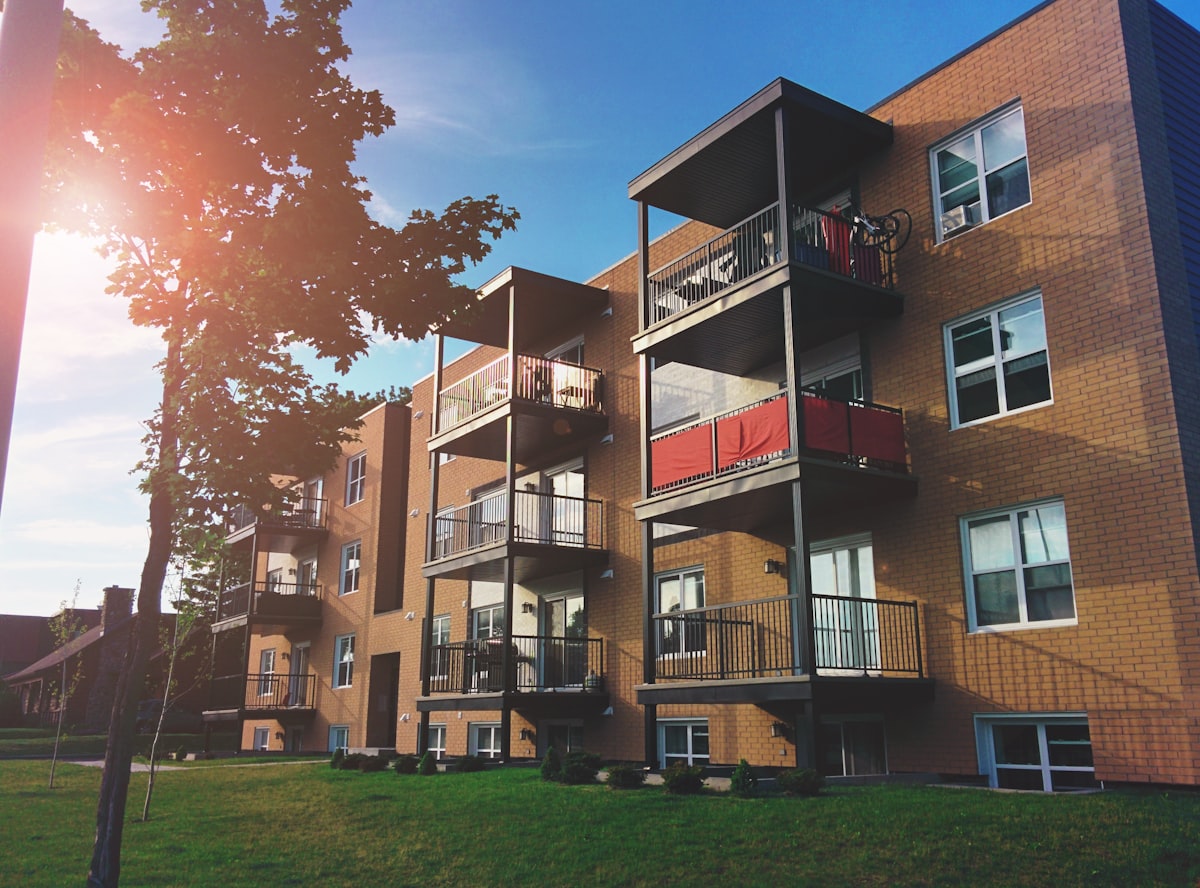Public Housing is Good Development Policy

Around 950 million people in Africa are expected to move to cities by 2050. They will need accommodation, 70% of which does not currently exist.
In this post, Oliver Kim makes the argument that while "public housing seems like a natural response to housing crisis, purely on the basis of rights.....public housing makes for good development policy too."
The article references the experiences of Hong Kong, Singapore, and Ethiopia. However, I found the following section particularly interesting:
When millions of people move into the cities for factory work, this naturally drives up rents, which risk gobbling into their budgets. But even a solidly neoclassical analysis will admit that these rents reflect no productive activity; they’re simply a reward for being lucky enough to sit on a valuable piece of land.
So what if, instead of private landlords, it is the state that owns the land? Rents can then be kept low, preventing housing costs from eating up the budgets of the new urban workers—in other words, real wages will be relatively high for a given nominal wage. Nominal wages (which is what firms see) can then be set at a globally competitive level, helping to build out a manufacturing workforce while still ensuring that those workers get decently paid—which, in turn, boosts their purchasing power, and the attractiveness of those manufacturing jobs.
Instead of a pernicious race to the bottom, you have a virtuous cycle of public services and economic growth supporting each other.